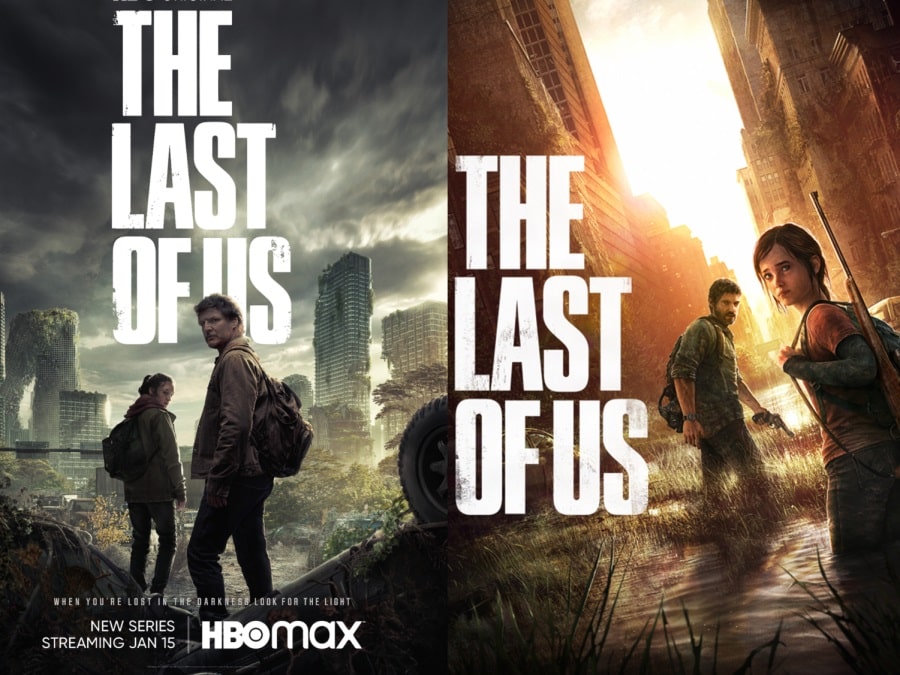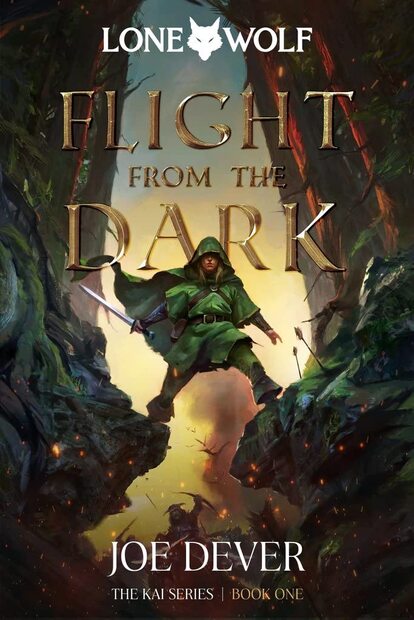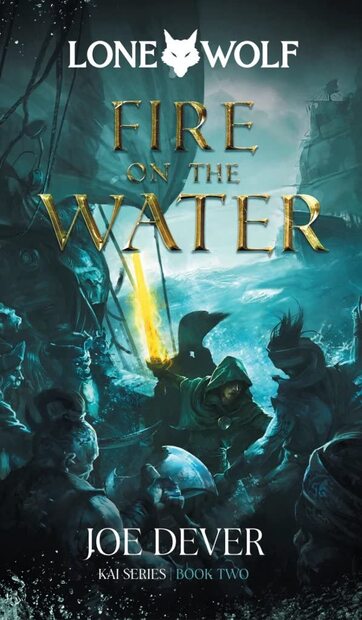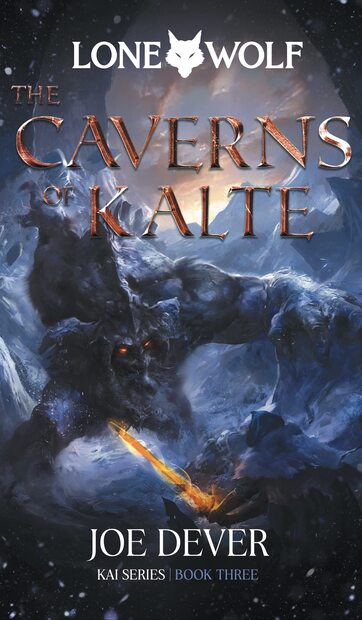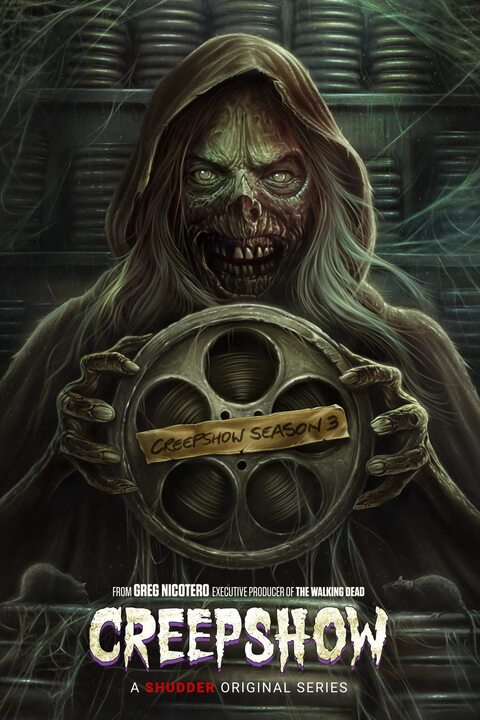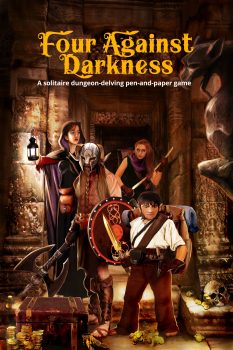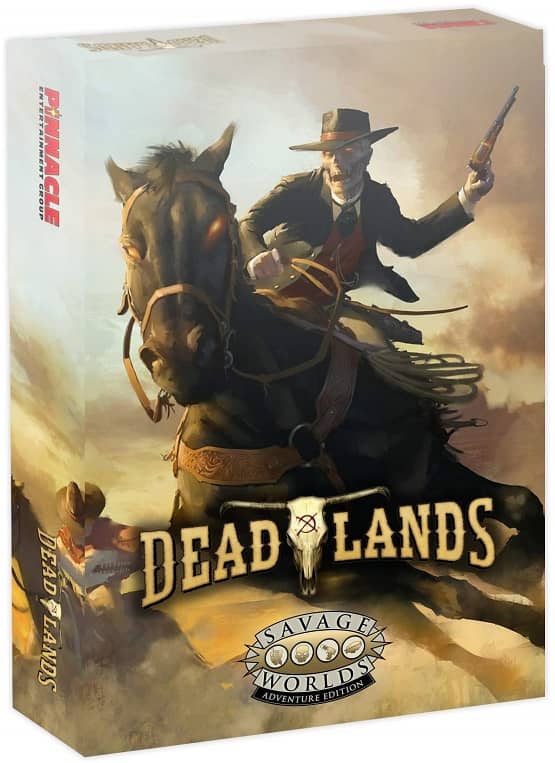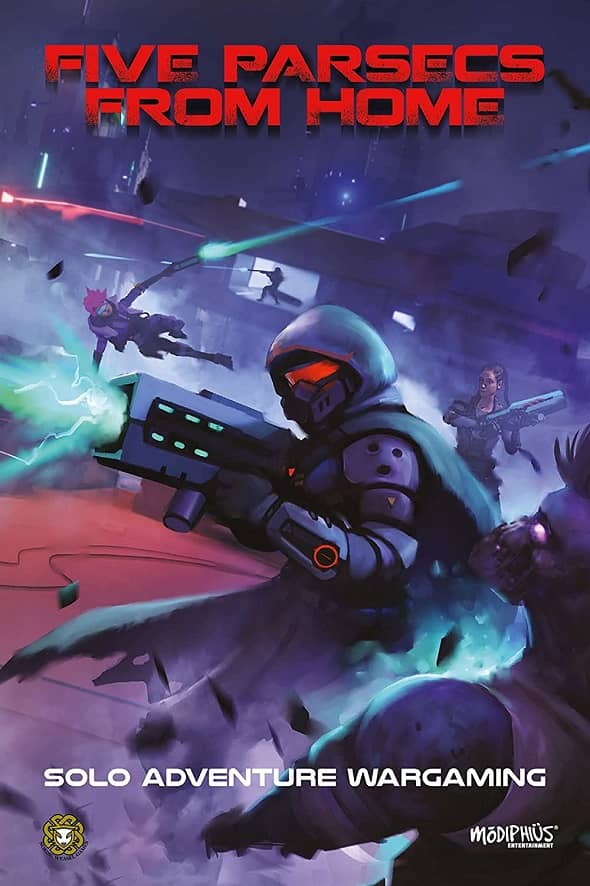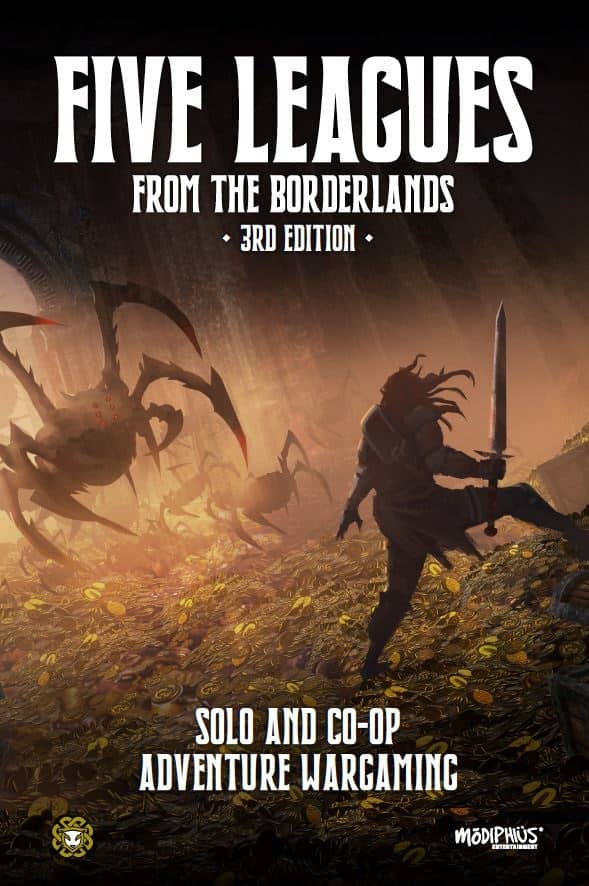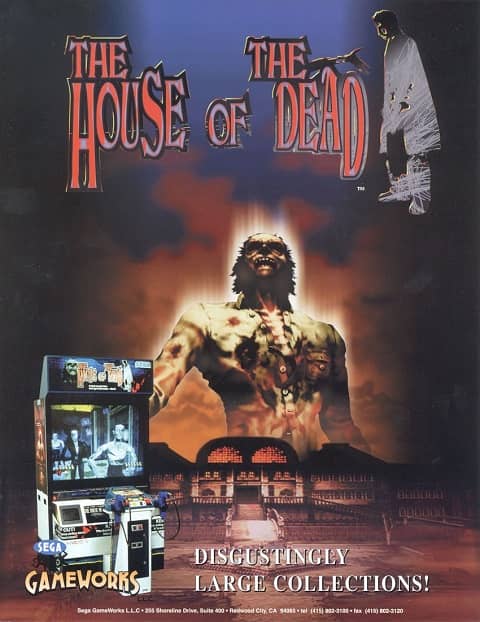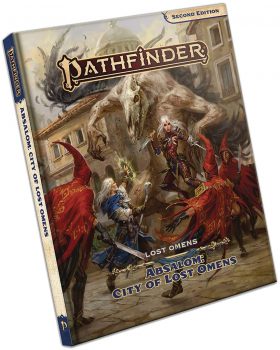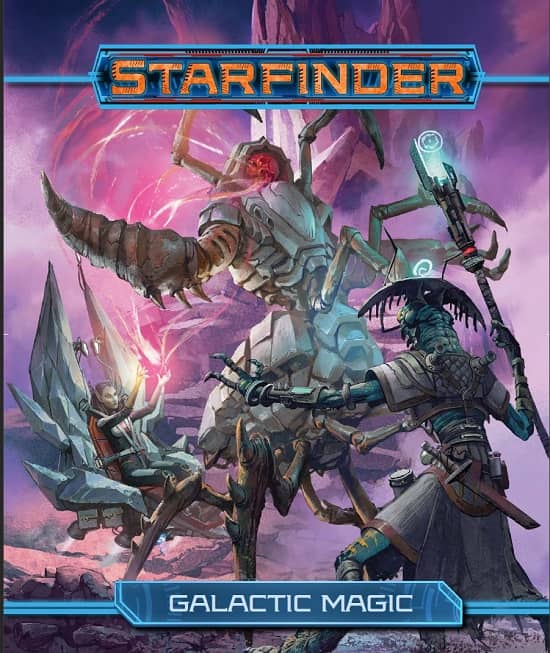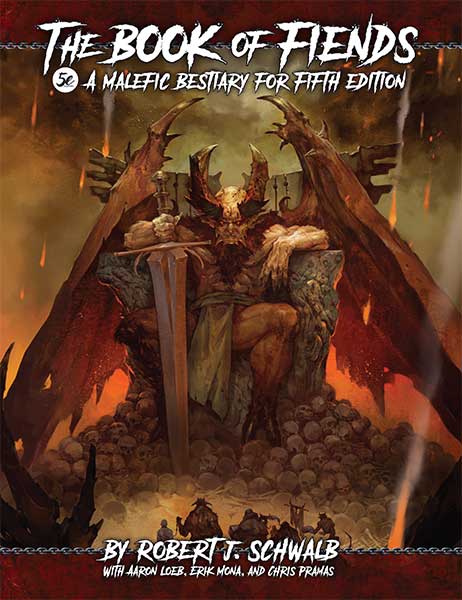
The Book of Fiends (Green Ronin Publishing, March 8, 2022). Cover by Svetoslav Petrov
It’s a cliché to say that a good role playing campaign is like a satisfying fantasy series, packed with realistic characters, compelling action, and vivid settings. It’s more accurate, I think, to say that truly great role playing shares an essential ingredient with the best fantasy. I mean, of course, that it’s all about the villains.
Want to keep your players coming back, clutching well-worn character sheets and eager for action? You need challenges worthy of their time, and you won’t get that with the same generic dragons week after week. You need truly malefic opponents with legendary skills, cunning agendas, and awe-inspiring magic at their disposal.
There are some terrific resources out there to help you craft really memorable villains, but for my money the best one on the market is The Book of Fiends by Robert J. Schwalb, with Aaron Loeb, Erik Mona, and Chris Pramas. It’s a massive 254-page tome filled to the brim with inventive and truly original infernal menaces for Fifth Edition Dungeons & Dragons. There isn’t another book published in the last five years I’ve drawn from as heavily for my own game as this one. I don’t care why kind of RPG you play, The Book of Fiends will up your game.
…
Read More Read More
